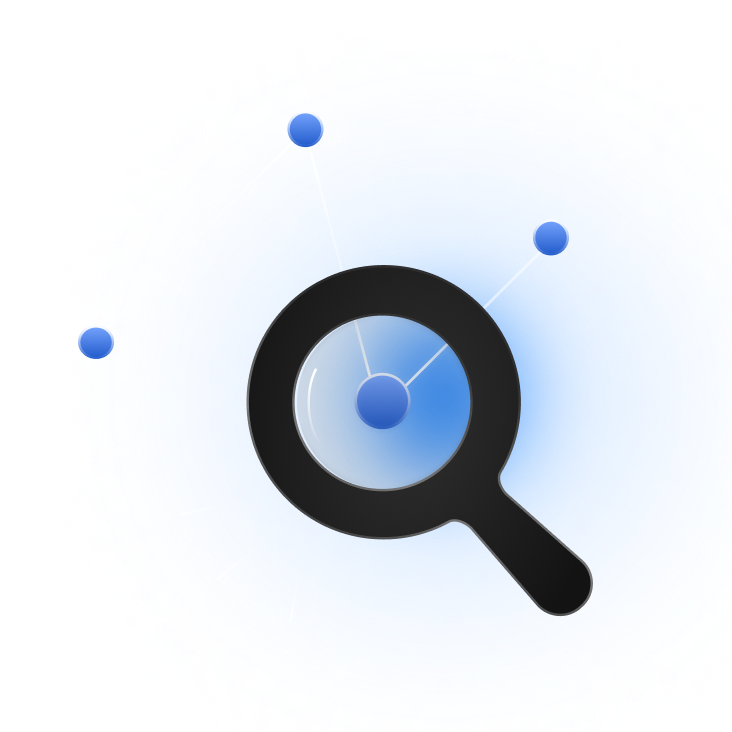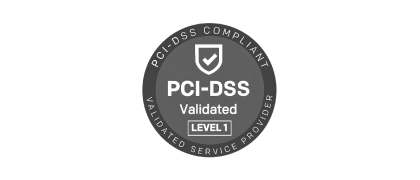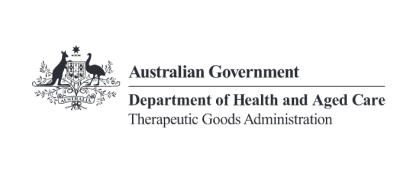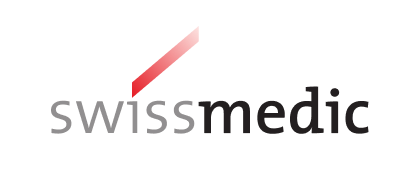Interoperability strategy & development workshop
A 6-8 week program designed for healthcare providers, MedTech and pharmaceutical companies to ensure interoperability across your specific medical systems, lab and equipment.
Develop interoperability strategy. Align stakeholders.
Non-interoperable data leads to several challenges faced by healthcare organizations, but you can drive and solve these issues:
Workshop overview
During the workshop, we dive into specific medical data and device information exchange challenges and develop actionable strategies for seamless data integration.


Planning & preparation
Duration: 2-4 weeks (on average)
Activities: 45-60 minute interviews to understand stakeholder needs and expectations.
Deliverables: Stakeholder analysis, workshop plan, exercise tools, and templates.

Online/onsite workshop
Duration: 2-5 days
Activities: In-person workshop sessions, hands-on exercises, and draft notes to identify high-level system requirements and integration challenges
Deliverables: High-level system requirements, exercise results, and preliminary roadmap

Documentation
Duration: 2-4 weeks
Activities: Refinement and development of workshop outputs into shareable formats
Deliverables: Service blueprint PDF, stakeholder matrix
Strategic planning and MVP
During our workshop, we will develop several core documents that map interoperability strategy and service blueprint in detail.
Service blueprint
Overview: A visual diagram that systematically maps the service delivery process, showing actors, actions, and touchpoints, both frontstage and backstage, providing a holistic view of the processes.
Purpose: Facilitates better communication of our service proposal, while also illustrating the necessary features and connections, both human and non-human, required for its implementation.
Business process map
Overview: A visual representation that outlines the sequential steps, interactions, and components of a specific business process for analysis and optimization.
Purpose: Achieve clarity and efficiency by visually depicting the sequential steps, interactions, and components of a process, enabling analysis, optimization, and effective communication.
Value proposition canvas
Overview: A tool used to visualize and analyze how a product or service addresses customer needs and creates value. Divided into two main sections, the customer profile details customer jobs, pains, and gains, while the value map outlines how to achieve the gains for the users.
Purpose: This tool helps to clarify and improve the alignment between a company's product or service offerings and the specific needs, pains, and gains of its target customers.
Prioritization matrix
Overview: A prioritization matrix, also known as a priority matrix or decision matrix, is a tool used to systematically evaluate and prioritize ideas based on predefined criteria. It helps to make informed decisions by providing a structured framework for comparing and ranking different choices.
Purpose: Guide decision-makers by defining evaluation criteria, assigning relative importance through weights, scoring options against these criteria, ranking options for prioritization, and facilitating transparent communication of decisions.
System interaction
Overview: This is an anonymized system interaction diagram produced from one of our workshops. It outlines the various different systems and data flows for an end-state solution.
Purpose: Understanding the full picture helps us design solutions that will work both in the short and long term.
Service MVP scope
Overview: A phased roadmap that outlines the minimum viable product (MVP) scope for service, breaking down key deliverables, tools, processes, and capabilities across multiple phases of implementation.
Purpose: Prioritize and organize the development of service components, ensuring a structured approach to building and launching the MVP. This allows teams to focus on essential features first, plan resource allocation, and provide a clear timeline for stakeholders.
Interoperability use cases
Interoperability strategy workshop designed for healthcare providers, medtech companies, and other stakeholders, addressing critical issues like real-time monitoring, data integration, and chronic disease management. Some of the use cases include, but not restricted to:
Healthcare providers
MedTech
Pharmaceutical companies
Our clients say...
Thank you to each of you for the tremendous effort and the output that was created this week during our two-day workshop. Your focus, engagement, and expertise was vital in making this workshop a success. We made a fantastic start on the journey to defining what will be a new core competency for xxxx that will surely lead to a sustainable competitive advantage for us. There is plenty of work ahead, but with the solid start that we’ve made together, we are in great shape.
US MedTech Manufacturer
Thank you to the Star team for the guidance and structure you provided. Together with your extensive preparation, you set us all up for a highly productive meeting. Looking forward to the next steps with this stellar group.
Director, Digital Health Tech Partnerships
Over the years, we partnered and worked with dozens of companies
Healthcare Experts

Yanick is the Principal Interoperability Solution Architect specializing in health data integration and clinical data modeling at Star HealthTech Practice. With 29+ years of experience specializing in health data integration, clinical data modeling, Yanick has been greatly involved in all system development life cycle stages, including project management, requirements definition, system design, implementation, training and post-production support. At Star he works with our global healthcare clients across projects to help create interoperable, scalable and effective MedTech and digital healthcare solutions.
Want to bring your ideas to market?
Certifications and standards Star works and helps clients certify with include:

Discover the latest trends in healthcare interoperability
As highlighted in our workshop, challenges like data silos, complex exchanges, and legacy systems hinder healthcare efficiency. Our comprehensive trend report dives into these issues, presenting current solutions and innovations driving interoperability in healthcare. Gain insights to enhance your strategies and stay ahead in the industry.
Build interoperability strategy for your healthcare business
Reach us today to schedule and customize your workshop towards a more integrated, efficient, and compliant healthcare system and medtech products.












